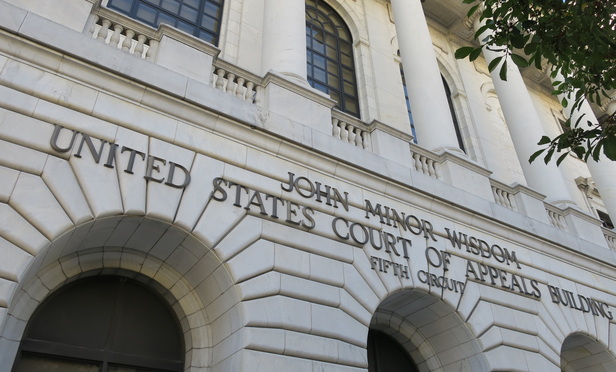Shmuel Vasser

November 08, 2021 | New York Law Journal
Overlay Zones: A 'Clever' Way Around Spot Zoning?The overlay zone clearly benefits municipalities and developers by streamlining the application and approval process. But, does it eliminate the neighbors' ability to bring spot zoning challenges? The author explores this question.
By Shmuel Vasser
9 minute read

October 08, 2021 | New York Law Journal
The Homeowner Always Loses: The Abusive Concept of StandingThis article explains how the concept of standing in New York real estate law is abused to deny homeowners relief and allows municipalities carte blanche to ignore the law, and is therefore, in urgent need of legislative intervention.
By Shmuel Vasser
11 minute read

December 14, 2020 | New York Law Journal
The Anti-Deprivation Rule in Canadian Common LawAn analysis of the Canadian case "Chandos Construction Ltd. v. Deloitte Restructuring" which should be of interest to U.S. and other global commercial actors who plan to do business in Canada and need to structure their transactions and contracts in accordance with what is now the new law of the land.
By Shmuel Vasser and Yehuda Goor
8 minute read

March 02, 2018 | New York Law Journal
Trademark Licenses and Intellectual Property Distribution Rights in BankruptcyIn 'Tempnology', the First Circuit positioned itself within the circuit split regarding the relationship between trademark licenses and rejection of executory contracts.
By Shmuel Vasser and Yehuda Goor
9 minute read

December 06, 2017 | New York Law Journal
Valuation of Repo Collateral in Dysfunctional Markets: Clarity Is a Long Ways AwayShmuel Vasser writes: The question of what defines a dysfunctional market, one that justifies the application of the DCF method, remains unanswered, leaving investors with continued uncertainty in the valuation of repo collateral in bankruptcy cases. Unless and until courts provide meaningful guidance, the resolution would remain speculative.
By Shmuel Vasser
14 minute read

April 20, 2017 | New York Law Journal
'Millennium Lab': the Death Knell for Non-Consensual, Third-Party Releases?Shmuel Vasser and Andrew C. Harmeyer write that the D.C. District Court potentially has upended an assumption in bankruptcy courts, suggesting that in many cases, they lack that authority under Article III of the U.S. Constitution to enter a final order granting non-debtor, third-party releases, at least without the affected party's consent.
By Shmuel Vasser and Andrew C. Harmeyer
16 minute read

March 10, 2017 | Texas Lawyer
Creditor Exclusion: The Perils of D&O CoverageThe U.S. Court of Appeals for the Fifth Circuit recently held that a Creditor Exclusion provision in a directors and officers (D&O) insurance policy may result in significant limitations on the coverage provided to the D&Os, when the underlying dispute is with a creditor acting in its creditor capacity.
By Shmuel Vasser and Yehuda Goor
16 minute read

January 05, 2017 | New York Law Journal
Conflicting Needs of International Bankruptcy Cases and Internet PrivacyShmuel Vasser writes: Can a court compel an email service provider like Yahoo to turn over a user's email account content without that user's involvement or consent? The Bankruptcy Court for the District of Delaware recently decided it cannot, at least on the specific facts facing it in the Irish Bank case.
By Shmuel Vasser
15 minute read

June 22, 2015 | New York Law Journal
International Bankruptcy: Do Principles of Comity Exist in Parallel to Chapter 15?Shmuel Vasser and David Koch of Dechert discuss a Southern District of New York decision that appears to significantly extend the reach of comity in the context of foreign insolvency proceedings.
By Shmuel Vasser and David Koch
14 minute read

June 19, 2015 | New York Law Journal
International Bankruptcy: Do Principles of Comity Exist in Parallel to Chapter 15?Shmuel Vasser and David Koch of Dechert discuss a Southern District of New York decision that appears to significantly extend the reach of comity in the context of foreign insolvency proceedings.
By Shmuel Vasser and David Koch
14 minute read



